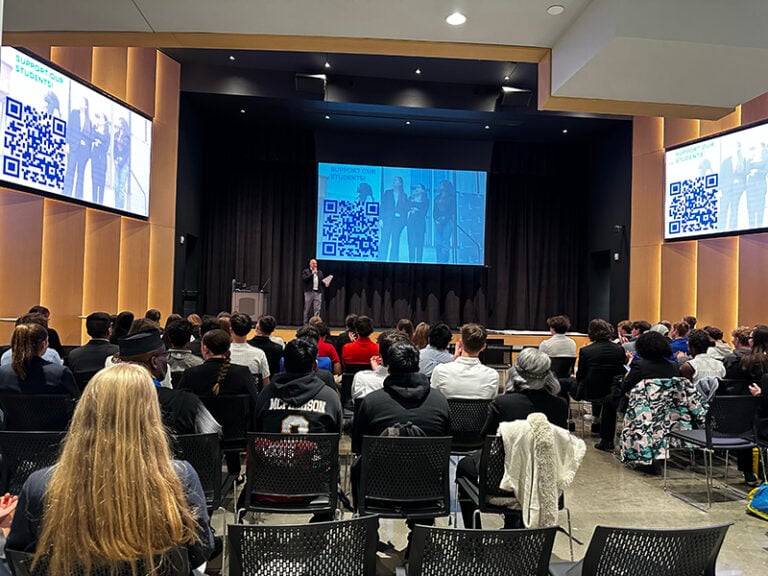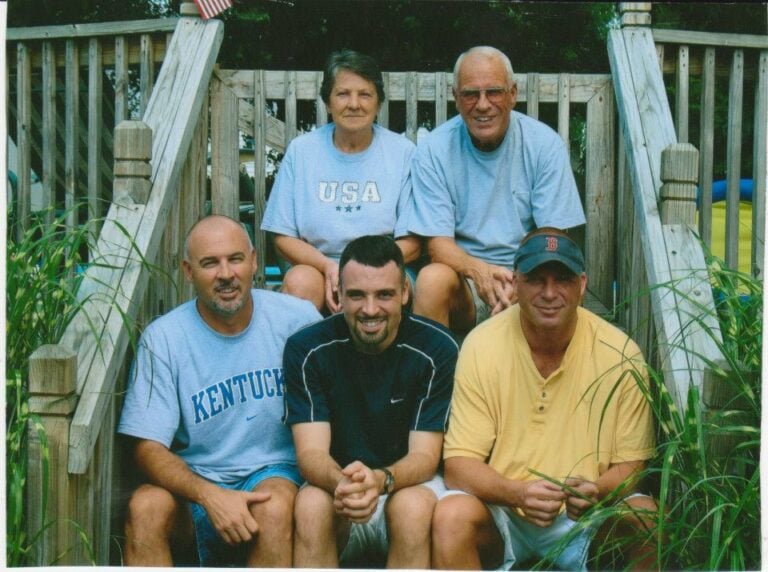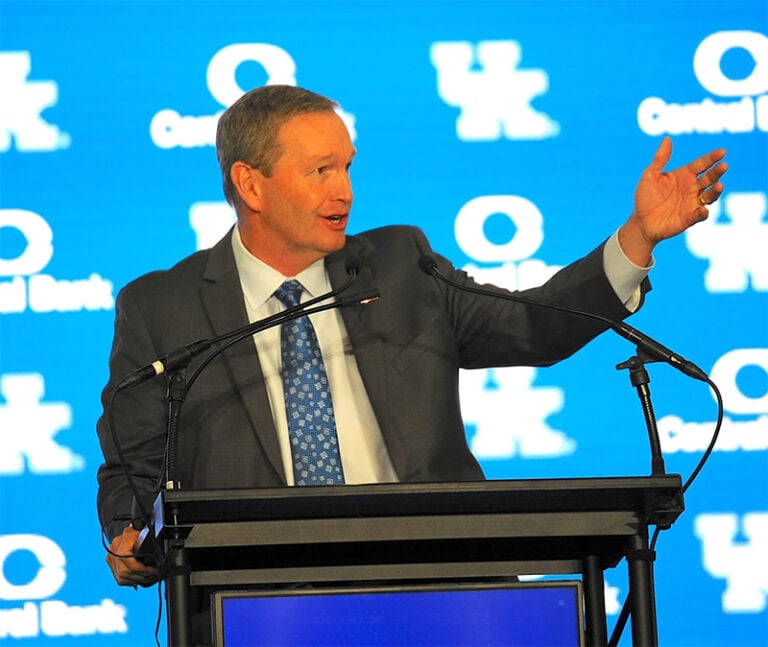We have a growing crisis in our country. The Middle Class is contracting, and our future prosperity is in peril.
Over the last ten years the median income – the best definer of the Middle Class – has declined 13 percent, in Ohio from $53,800 to $46,875. This during a time when our gross national product, profits and stock market values have risen hugely.
What’s going on? To understand, it helps to look to our history.
From the end of the war to the 1970s, the American story was one of growth and prosperity, for virtually everybody. A family could buy a car, send a child to college, pay for health care, and buy a home. Meanwhile, the highest personal income tax bracket was over 90 percent. But all prospered.
In the 1980s that began to change, with the advent of “supply side economics.” Tax rates were lowered, on the theory that wealth earned at the top would “trickle down” to those below.
But that didn’t happen. Instead, we saw the beginnings of wage stagnation. And with it, according to some economists, a series of coping strategies by the middle class. First, Mom went to work. When that failed to generate enough additional income to make ends meet, workers began to work long overtime hours. And when that ran out, they began to accumulate greater debt. Income could not keep up with the costs of living.
This trend was further exacerbated by the growth of technology, the shipping of jobs overseas where labor was cheaper, and the decline of unions, which had won many of the income and benefit gains enjoyed by the Middle Class.
There was a brief period of resurgence in the late 1990s, when unprecedented numbers of jobs were created. But these were increasingly low-wage jobs that could not replace the better-paying jobs shipped overseas or overtaken by technology.
The outcome of these developments is incontrovertible. Wealth is shifting at an accelerating pace to the top, while increasing numbers of workers are losing ground. In Greater Cincinnati, for example, 70 percent of the jobs lay less than twice the poverty level – which most knowledgeable observers agree is the real measure of what families need to achieve economic stability.
What can be done? Government provides so-called work support benefits – health care, child care assistance, earned income tax credit, food assistance – that make it possible for low-wage workers and their families to achieve stability. Some call these subsidies corporate welfare. However characterized, these benefits make low-wage employment viable.
Growing numbers of local governments around the country are raising their minimum wage. The federal minimum wage is presently below the poverty level, and would need to be doubled to provide the income working families need.
This situation is not just a challenge for government. It is, in fact, more of a challenge for business – for corporate CEO’s and boards, and small business owners. These persons – blessed by circumstance with the aptitudes, skill sets and perseverance to succeed in the economy – need to examine what is in theirs and the country’s long-term best interests. Because right now they are killing the goose that laid the golden eggs during the post-WWII period, when things worked for virtually everybody.
We are in a national crisis. It will not end catastrophically in the short term. But we are headed in that direction. When enough people reach the inevitable conclusion that they have little to lose, they will rebel. And it will probably not be pretty. We are seeing some signs of this unrest already.
So: I call on business leaders to get serious, to follow the lead of their enlightened colleagues who have concluded that what is good for their workers is good for them, for the economy, and for the country as a whole. These leaders recognize that fairly-paid workers are more satisfied workers, more productive and reliable, less absent and less inclined to leave. They have learned that a fairer system benefits all.
Let’s turn this around while we can. Greed is not the answer, fairness is. Always has been, always will be.
Col Owens is an attorney who lives in Ft. Mitchell and works in Ohio. Contact him at col.owens@gmail.com


















